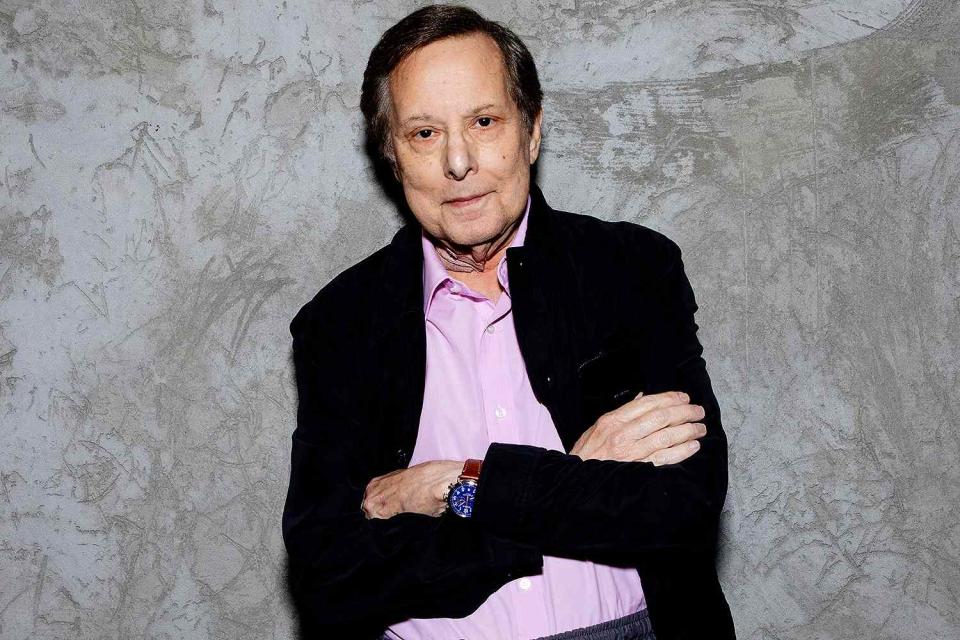William Friedkin, director of The French Connection and The Exorcist , dies at 87
- Oops!Something went wrong.Please try again later.
- Oops!Something went wrong.Please try again later.
- Oops!Something went wrong.Please try again later.
- Oops!Something went wrong.Please try again later.
William Friedkin, the Academy Award-winning director of The French Connection and The Exorcist, died Monday at the age of 87.
Friedkin died in Los Angeles from heart failure and pneumonia, EW has confirmed.
A filmmaker associated with the New Hollywood movement of the 1970s alongside the likes of Francis Ford Coppola, Hal Ashby, Martin Scorsese, and Peter Bogdanovich, Friedkin's other notable works include 1977's Sorcerer, 1985's To Live and Die in L.A. and 2006's Bug.
"My friend Bill Friedkin was an original; smart, cultured, fearless and wildly talented," Exorcist star Ellen Burstyn said in a statement following news of his death. "On the set, he knew what he wanted, would go to any length to get it and was able to let it go if he saw something better happening. He was undoubtedly a genius."

Rosdiana Ciaravolo/Getty Images William Friedkin
Among Friedkin's most popular works is 1971 neo-noir thriller The French Connection, which stars Gene Hackman as a New York detective chasing down a French heroin smuggler and features what is widely cited as one of the greatest car chase sequences in movie history. "That was very difficult," Friedkin told EW of the sequence for the film's 50th anniversary back in 2021. "Because we did it without permission and without control. We had permission to use those particular areas, but not the chase."
On whether he anticipated that the film would still endure 50 years on: "Oh no. In those days we couldn't think about 50 years on."
Friedkin also spoke to EW about the film's moral ambiguity when placed against the backdrop of today's conversations about police brutality: "It was a different time," he said. "What those guys were doing back then was largely an act to stay alive in the street... Today it's somewhat different. Cop are still often out of control. But these guys were not bigots. They were acting that to stay alive."
Next came his 1973 landmark horror film The Exorcist, an adaptation of William Peter Blatty's novel about a young girl possessed by a demonic entity that nabbed him his second Oscar nomination. A box office success, it grossed $440 million worldwide and led to a film franchise, though Friedkin did not return to helm any of the sequels. (He previously called Exorcist II the "worst piece of sh— I've ever seen.")
A Chicago native, Friedkin began his career in the mailroom of the Chicago TV station WGN before foraying into TV and documentaries, including the 1962 documentary The People vs. Paul Crump and 1965 series The Alfred Hitchcock Hour. He broke into feature film directing in the late '60s with 1967's Good Times, 1968's The Night They Raided Minsky's, and 1970's The Boys in the Band.
Other credits include a 1985 episode of The Twilight Zone and films Rampage (1987), The Guardian (1990), Blue Chips (1994), Rules of Engagement (2000), The Hunted (2003), Killer Joe (2011), and The Devil and Father Amorth (2017). He also directed a number of music videos for Wang Chung ("To Live and Die in LA"), Barbra Streisand ("Somewhere"), and Laura Branigan ("Self Control").
He is survived by his wife and his two sons.
Related content:

